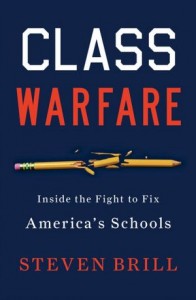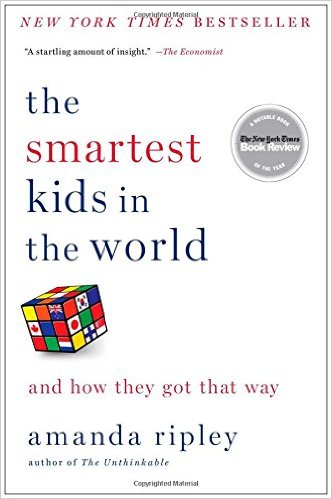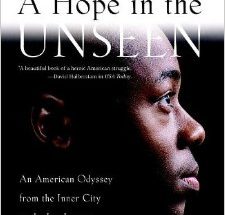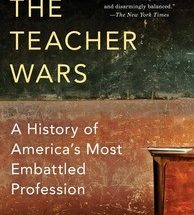Steven Brill vigorously toes the line of the modern-day education reform movement throughout his book Class Warfare: Inside the Fight to Fix America’s Schools. Incentive pay, teacher evaluations, and charter schools are good; seniority-based compensation and pretty much everything else that teachers’ unions advocate for are bad.

He adds in the requisite qualifiers about there being plenty of good public schools and unionized teachers, but the overall message is clear: organizations like Democrats for Education Reform that promote the end of teacher tenure are right, and organizations like the National Education Association that oppose it are wrong. He leaves very little room for a middle ground.
This is not necessarily a bad stance, although Brill’s belief that he understands what works and what doesn’t in American schools can occasionally push him toward hyperbole. (The most extreme example of this comes when he compares LIFO, last-in-first out—a union-backed educational policy that designates the most junior teachers to be the first to be fired—to apartheid.) Nevertheless, Brill reaches his conclusions through strong arguments, thorough research, and several telling examples of effective schools and educators around the country.
The problem is that his ideas are also not particularly innovative. Anyone with a cursory understanding of today’s education reform movement will not be surprised by any of them. Class Warfare is essentially the book version of the documentary Waiting for Superman, which Brill predictably refers to in one chapter as “relentlessly compelling” and “masterful.”
Brill waits until the last chapter of Class Warfare before beginning his most interesting discussion about education reform, and it is disappointing that he does not spend more time exploring it: teacher burnout. Although virtually everyone is willing to acknowledge that being a great teacher is hard, the dialogue surrounding this subject rarely advances beyond such platitudes. Brill does an excellent job of personifying just how challenging this lifestyle can be through Jessica Reid, a highly motivated, highly skilled Teach For America alumni who takes a job at Harlem Success Academy II, only to resign after less than three years. She may have loved the work, but she was finding it impossible to do it well while still taking care of her marriage and herself.
Brill does not offer up a particularly concrete solution for keeping people like Reid in the classroom apart from asserting that the unions should be involved “because unions are the organizational link to enable school improvement to expand beyond the ability of the extraordinary people to work extraordinary hours.” If more teachers become better, in other words, the burden on people like Reid will not be as heavy. He is short on details about how to make this happen, but it remains refreshing to see the issue of teacher burnout given more analysis than usual.
Class Warfare is comprehensive on the subject of education reform as it is. Had Brill spent more time discussing teacher burnout and other often ignored issues, it could have been extremely original as well.



